Energy
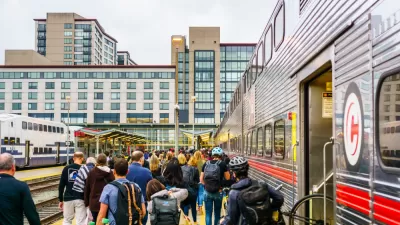
A New Ballot Measure Could Increase Caltrain's Funding by $108 Million Per Year
Santa Clara, San Mateo, and San Francisco county voters could see a ballot measure to fund an ambitious Caltrain plan with a one-eighth cent sales tax, amounting to more than $100 million dollars per year.

Shelter in Place: Working in a Time of Isolation
Need some work-at-home tips from a veteran? Hazel Borys has eight to consider.
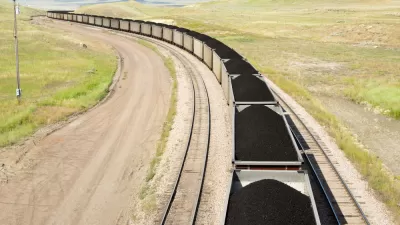
Mountain Coal States vs. West Coast Cities
A legal battle is being waged between the coal-exporting states of Utah, Wyoming, and Montana and coastal cities in California, Oregon, and Washington that pits the power of local land-use authority against the protection of interstate commerce.

Just What the World Needs: $20 Per Barrel Oil
Oil prices crashed Monday due to a disagreement between two of the world's largest oil producers, Saudi Arabia and Russia, amidst a slump in oil demand due to the outbreak of the coronavirus pandemic. Oil will flood the market as demand drops.

Public Supports East Coast Climate Pact—More Than Governors
Public comments were largely favorable regarding the 12-state program intended to reduce transportation emissions by using a cap-and-invest system, but governors are cautious due to an expected effect on gas prices.
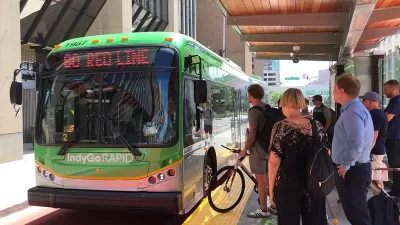
Range Anxiety: Electric Buses Still Aren't Ready to Scale
Money intended for electric buses in Indianapolis will instead be spent on diesel buses.
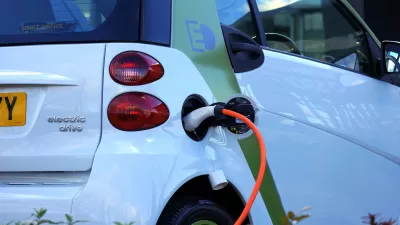
Electric Vehicles Quickly Improving Climate Impact
Electric vehicles and internal combustion automobiles emit vastly different sums of carbon, and electric vehicles are quickly widening the gap between the two options as the electricity generation industry cleans up its act.
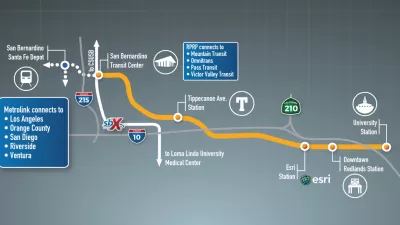
TOD and Zero-Emission Trains: Can You Guess Where the Controversy Is?
The nation's first fuel cell electric train will make its debut in Southern California in about four years, but it's also associated with a controversial ballot measure on the station sites that voters of Redlands will decide on Super Tuesday.
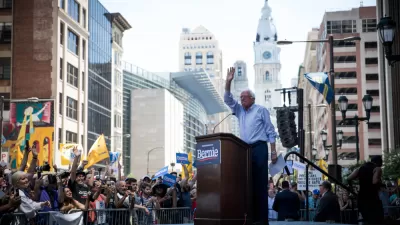
Scrutinizing the Reality of Bernie's Energy and Climate Plans
CNN host Fareed Zakaria questions whether the goals of Sanders' ambitious Green New Deal are realistic.

Smart Growth America Promotes the Transportation and Climate Initiative
Former Maryland Gov. Parris Glendening penned a local opinion for The Washington Post in support of the TCI to advance funding of alternatives to driving and ask readers to shape the controversial initiative by submitting comments by Feb. 28.
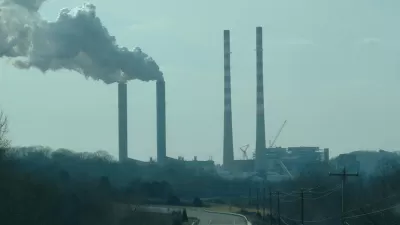
Charting the Climate Change Crisis
Analysis of global greenhouse gas emissions data points to the sectors, activities, and countries that are the biggest contributors.
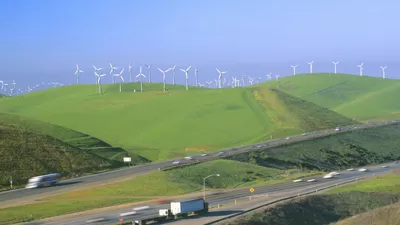
A Path for California to Get to Zero Carbon...And Below
A new study from Lawrence Livermore National Laboratory evaluates strategies to achieve former Gov. Jerry Brown's goal of carbon neutrality by 2045. Unlike other reports that study emission reductions, it evaluates "negative emissions" strategies.

Opinion: California State Water Department Needs to Step Up in the Fight on Climate Change
California's water resources are under threat from climate change, and the state's water agency must take action to face the challenges.

Remembering the Weather of Winters Past
The measurable effects of climate change are a tangible reminder of trends over time that otherwise can be hard to recall.
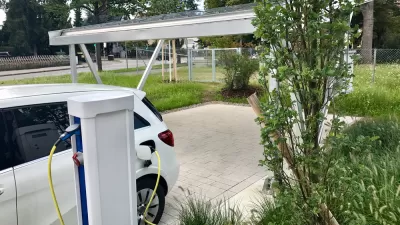
2020 Energy Infrastructure Predictions
Planners can expect changes in the energy industry to influence preparations for the future of cities and communities.

Southern States Lagging in Addressing Climate Change
Cities in the South are facing a multitude of climate change impacts, but many have been slow to respond to the growing threats.

Washington Attempts to Adopt a Cleaner Cars and Clean Fuels Programs
A Pew Stateline article tackles the challenges of reducing carbon emissions from transportation compared to electricity generation and looks at recent initiatives announced by Washington Gov. Jay Inslee aimed at decarbonizing transportation.
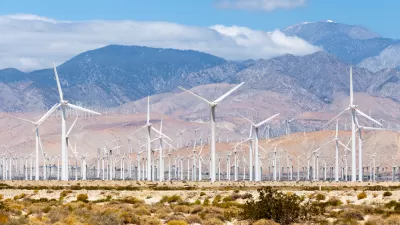
Overcoming the Obstacles of Land Use for Renewable Energy
Renewable energy, both wind and solar, takes up a lot of space in places that aren't accustomed to industrial development. Policymakers need strategies and tactics for overcoming the inherent land use challenges presented by renewable energy.

Exploratory Scenario Planning, Explained
Planners don't need fancy software to prepare for an uncertain future. Exploratory scenario planning promises a more aware, adaptive, and resilient planning profession.

Can Hydrogen Make a Comeback?
While hydrogen fuel cell electric vehicles are much less popular than their battery-powered siblings, California remains committed to the zero-emission technology, with three state agencies investing in and monitoring its progress.
Pagination
Urban Design for Planners 1: Software Tools
This six-course series explores essential urban design concepts using open source software and equips planners with the tools they need to participate fully in the urban design process.
Planning for Universal Design
Learn the tools for implementing Universal Design in planning regulations.
Smith Gee Studio
City of Charlotte
City of Camden Redevelopment Agency
City of Astoria
Transportation Research & Education Center (TREC) at Portland State University
US High Speed Rail Association
City of Camden Redevelopment Agency
Municipality of Princeton (NJ)


































